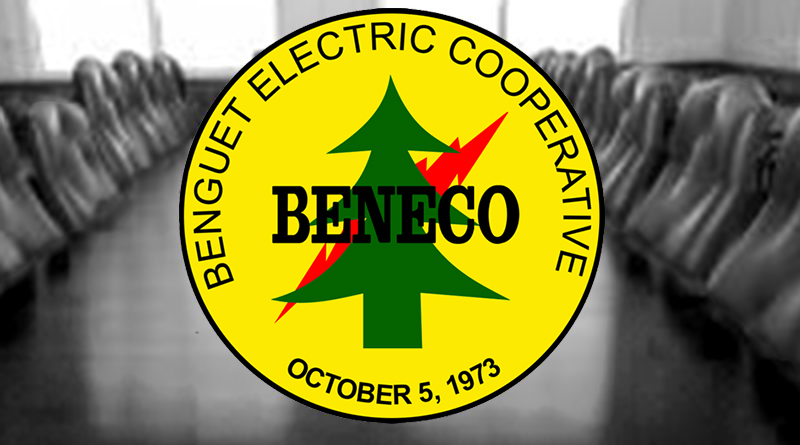KIBUNGAN, Benguet – Some alarmed landowners from the remote barangay of Badeo recently questioned the financial capacity of several former government workers who reportedly are declared shareholders of the controversial COHECO Badeo Corporation which is planning to put up a 500-megawatt pump storage hydro power plant in their place, saying that their shares and interests were not officially included in their Statement of Assets and Liabilities and Net Worth (SALN) in violation of existing laws, rules and regulations.
The sources conducted an extensive research on the financial capacity of the company to bankroll the implementation of the ambitious project and they found out that some of the declared shareholders of the company were former government workers turned politicians.
“We discovered that the amounts used by the former government workers to purportedly buy their shares in the corporation were not even part of the SALN of the said employees, thus, they are liable for gross violation of the anti-graft and corrupt practices law among other related rules and regulations,” one of the sources stressed.
He narrated the COHECO Badeo Corporation was founded early this year with some ex-government workers as shareholders with a Korean businessman who has allegedly questionable track record in the energy industry as their head.
The source pointed out if the company was organized in late 2015, then these former government employees were supposed to declare their shares and interest in the corporation in their 2015 SALN for submission to the Office of the Ombudsman by the end of April this year.
Because the former government workers ended their term to advance their political interests, the source explained that they should be obliged to declare their shares and interests in their latest SALN as part of their exit documents but they did not do so.
According to him, it is obvious that the former government workers who are declared shareholders of the corporation may be mere dummies of their Korean head casting doubt on the company’s financial capacity of pursuing the project until it is operational. It might be that eventually, the power company will sell out for a profit after securing the consent of the affected indigenous peoples.
The sources are now contemplating on studying the possibility of filing the appropriate charges against the erring former government workers to teach them a lesson and for them to consider abandoning their principal because they will be at the losing end once the Korean businessman will decide to sell the company.
By HENT















